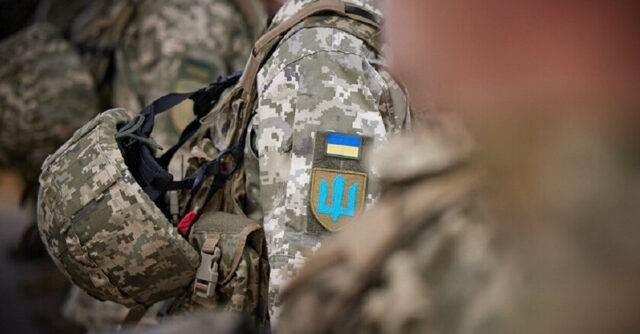## The Complex Reality of Captured Russian Conscripts: Insights from Mykhailo Podolyak
In a recent conversation with «Dozhd,» Mykhailo Podolyak, an advisor to the President’s Office, shed light on a pressing issue: the fate of Russian conscripts currently held in Ukrainian captivity. The insights he provides are not just statistics; they illustrate a human crisis that should concern us all.
### The Scale of the Situation
Podolyak shared that the number of captured Russian conscripts could potentially reach hundreds, or even thousands. While he refrained from providing a precise figure, he emphasized the fluid nature of the situation, stating that «it changes every hour.» This dynamic condition reflects the chaotic realities of conflict zones, where the conditions can evolve unexpectedly.
#### Understanding the Human Element
What makes this situation even more complicated is the fact that many of these conscripts are reported to be unprepared for combat. Podolyak pointed out that they tend to surrender quickly, highlighting their lack of training and readiness for war. Imagine being thrust into a conflict without proper preparation—this scenario is a grim reality for many young individuals caught in the crossfire.
### Insights from the Ground
To better understand the implications of these conscription practices, consider this: According to multiple sources, including defense analysts, the psychological impact on these young soldiers is profound. Many enter the military under duress, facing societal and familial pressures to serve. A significant percentage of conscripts report feelings of anxiety and helplessness once they find themselves on the battlefield—variables that contribute to their swift surrender.
### The Path to Resolution
Podolyak also touched upon ongoing discussions regarding prisoner exchanges. He stated, «I think these processes will not be quick, but I hope they will be successful.» The hope for a smoother resolution reflects a critical humanitarian desire to bring all individuals—regardless of their origins—back to their families and communities.
#### The Importance of Dialogue
This raises broader questions about warfare and peacebuilding. It’s crucial for both sides in any conflict to engage in dialogue about the treatment and future of prisoners. Historical data suggests that timely exchanges can significantly reduce tensions and foster goodwill between warring parties.
### Moving Forward with Empathy
As a member of the global community, it’s essential to remember the human stories behind these statistics. Each conscript represents not just a number, but a person—often young and scared—who may have been thrust into a grim situation beyond their control.
### Conclusion
The situation surrounding captured Russian conscripts is a complex interplay of human emotion, military strategy, and the hope for peace. As the status of these individuals continues to evolve, it is our collective responsibility to advocate for their humane treatment and push for dialogue that prioritizes reconciliation over vengeance. In a world marred by conflict, seeking understanding and compassion should always be at the forefront.
For those interested in delving deeper, organizations such as the International Committee of the Red Cross (ICRC) provide extensive resources and studies on the treatment of prisoners of war, which can offer valuable insights into this humanitarian crisis.






